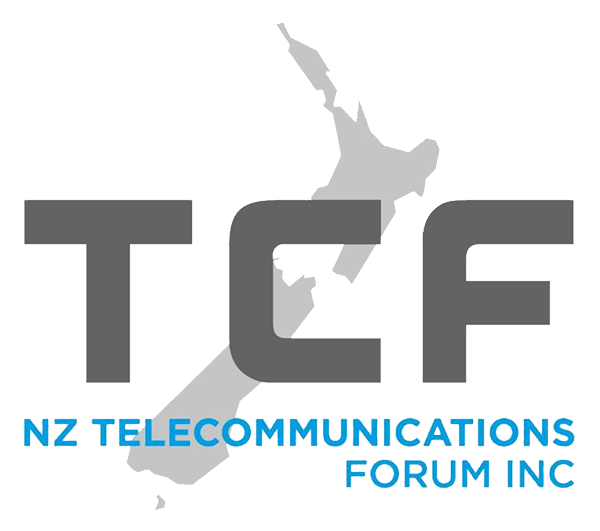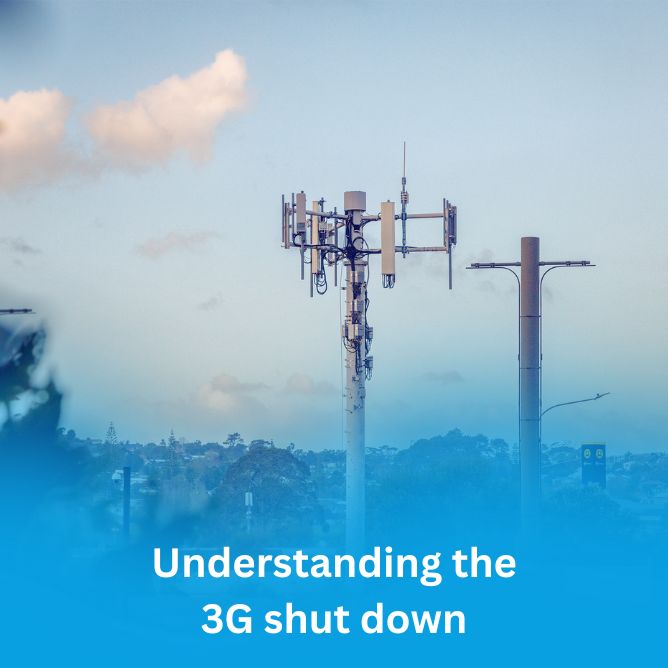Government Agency Impersonation Scams
There are many schemes involving scammers pretending to be from a government agency. These inlcude the recent instances of NZTA toll scams, Immigration New Zealand Visa scams, and NZ Police fine scams. Scammers go to the lengths of creating lookalike web pages and may have spoofed official government numbers giving the appearance of coming from the agency they are impersonating. Check the number or email domain that any messages are coming from and it is always recommended that you advise you will call them back and make a direct approach to the agency via one of their advertised official phone numbers if you are unsure.
Targeted Impersonation Scams
A relatively recent type of scam, impersonation scams come in several guises. The defining characteristic of these scams is that scammers will specifically target you and your friends/family members as victims.
These scams may be elaborate and involve several steps in order to research and capture your personal information. Therefore, scammers have a lot of details about you, and use this information to create convincing scenarios, so that these types of scams often appear to be genuine. Keeping your social media profiles locked down and making sure you do not share personal details online can help to protect you from falling victim to identity theft.
Romance Scams
A scammer pretends to be in a relationship with someone online in order to scam them out of money. They do this through email, social media, dating websites and other websites and apps. Usually these scammers are pretending to be someone they’re not, using photos and identities of people they’ve found online. They often claim to have a shortfall in money requiring a temprary loan, or other types of emergency situations which require funds and play on the perceived emotional connection of the victim.
Marketplace Scams
Facebook Marketplace has become an incredibly popular place to buy and sell second-hand items. Unfortunately, it has become a hotbed for a number of different scams. Key trends include non authentic or stolen goods, verify your identity links, fake payment confirmations, counterfeit currency and telling you they’ll send a courier to collect the item. Look out for incomplete profiles or suspicious locations, offers of unsual payment methods, and general pressure tactics.
“Inland Revenue” Scam
Calls made from someone claiming to be from the IRD, and attempting to collect payment over the phone, may be made by scammers.
It is strongly recommended that the best procedure is to hang up and contact the IRD directly, to ensure you avoid scammers while keeping current with any tax obligations.
More information:
http://www.ird.govt.nz/identity-security/scam/scam-alert.html
“Technical Support” Scam
Typically made from a number disguised as a New Zealand calling code, technical support scammers will often purport to be from a trusted provider (often Microsoft or your telecommunications provider) to sell unnecessary and overpriced “support packages”, or more commonly to gain control or access to your computer. Once access is granted it can then be used to steal personal information in order to commit identity fraud, or to enable other illegal activity.
It is recommended, if you receive an unexpected phone call and are suspicious, hang up and contact the company directly on their number listed in the phone book or on their website.
Most legitimate organisations do not call you direct.
More information:
https://en.wikipedia.org/wiki/Technical_support_scam
https://www.netsafe.org.nz/can-i-trust-cold-calling-pc-technical-support-companies/
“Telco provider” Scam
Calls made from someone claiming to be from your telecommunications provider, and attempting to collect payment over the phone on billing arrears, may be made by scammers. Consumers should beware of anyone who asks for bank account details, internet banking access information, credit card numbers or asks them to perform unusual actions on their computer.
If you receive a call from someone claiming to be your telecommunications provider and are suspicious, it is recommended you immediately hang up and contact the company directly on their number listed in the phone book or on their website.
More information:
https://www.netsafe.org.nz/impersonationscam/
“Wangiri” (One Ring and Cut) Scam
Wangiri calls are typically missed calls from an overseas number, with the caller hanging up after one ring or less, before the receiver can answer. The intention of the scammer is to entice you to call back the number upon seeing a missed call. If you were to call back the number, once connected you could be charged at premium rates while a message plays to encourage you to stay on the line as long as possible.
A variation on the Wangiri scam happens when an operator answers when you return the missed call, purports to be from a trusted organisation, and then attempts to collect personal information or payment details by fraudulent means.
It is recommended, if you receive a missed call from an unknown overseas number, instead of returning the call, wait for the caller to contact you again to ensure it is a genuine enquiry.
More information:
https://en.wikipedia.org/wiki/Wangiri
“Chinese Embassy” Scam
People have reported being targeted by scammers impersonating the Chinese embassy. The call looks like a local number and when the person picks up the phone they hear a pre-recorded message in Chinese. It says they’re calling from the Chinese embassy and asks people to press a button to hear a message from them.
This scam targets the Chinese community. The call connects to the fake embassy and is then transferred to someone pretending to be from the Chinese police. The goal of the caller is to get passport and bank account details. They may say a family member has been arrested or is being held in custody to trick you into handing over information.
“Police Custody” Scam
This scam is similar and often starts by scammers trying to obtain the name and phone number of a victim’s husband or wife, by claiming to be a mail service such as Courier Post delivering a parcel. The scammer then uses these details to call the family member, pretending that they are the Police and saying that their relative is in police custody. In some instances, they use a technique called ‘number spoofing’ so that it appears that the call is coming from the relative’s mobile number.
These phone scams have also been recorded within local communities, where scammers have inside knowledge of victims’ families.
Consumers should beware of anyone who calls them claiming to be from the Police who asks for cash or instant payment via other means such as iTunes vouchers, for the release of family members in custody. It is recommended if you receive a suspicious call, do not engage with caller, but hang up immediately and report the suspicious call to the Police.
“Government Grant” Scam
If you receive a call from someone offering free money in the form of a Government grant or similar, this may be a scammer, and the grant may be fictitious. A scam caller will then try to gain your personal information, and often direct payments, in the form of Western Union, iTunes voucher codes, or similar non-refundable and difficult to trace methods.
Recovery Scams
These scam calls attempt to re-victimise people who may have already for fallen for some form of scam where they have lost money to scammers.
Common targets are those victimised in investment or crypto-currency scams, which involve sending money to obtain shares, an investment or cryptocurrency. Often this involves money being sent overseas.
Scammers, typically the ones responsible for the original scam and therefore with intimate details of how much money was lost, will offer a service for an upfront fee which will enable the victim to recover their money lost in the previous scam. They will take the money and never be heard from again.
More information:
https://www.consumerprotection.govt.nz/general-help/scamwatch/how-to-avoid-scams/case-studies/
Click here to find out what to do if you are targeted by scammers.








